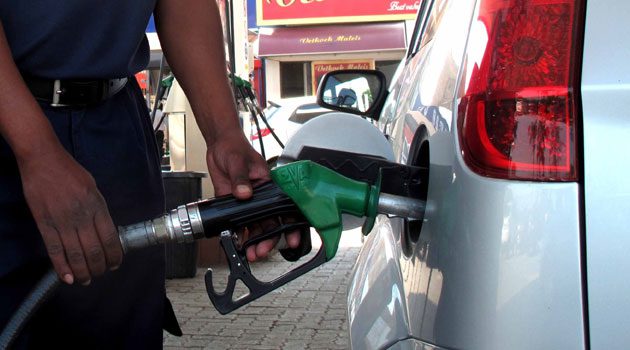- In a statement, the taxman attributed the growth to the increase in the RML rates from Ksh.18 per litre to Ksh.25 per litre, a policy effected last year.

The Kenya Revenue Authority (KRA) has collected Ksh.119.662 billion from the Road Maintenance Levy (RML) at the close of the 2024/25 Financial Year.
In a statement, the taxman attributed the growth to the increase in the RML rates from Ksh.18 per litre to Ksh.25 per litre, a policy effected last year.
RML is a levy charged at the pump to support the upkeep and repair of roads.
Further, KRA noted that oil volumes grew by 13 per cent mainly from petrol, diesel and other oil products (coal, electrical energy and lubricating greases).
Overall, KRA's revenue collection at the Customs and Border Control Department grew by 11.1 per cent to amass Ksh.879.329 billion. This surpassed the previous year's 4.9 per cent growth rate.
Notably, the Customs revenue performance during the third quarter (from January 1, 2025 to March 31, 2025) recorded a historic high collection of Ksh.82.554 billion, indicating a 109.2 per cent improvement.
Aside from RML, Railway Development Levy collection grew by 15 per cent to Ksh36.8 billion, import duty by 18.3 per cent to Ksh.157.87 billion and excise duty increased by 11.6 per cent to Ksh.125.3 billion.
To achieve this, KRA listed some of the enhanced customs enforcement measures including the incorporation of data analytics and stringent scanning rules.
Through this, the taxman intercepted illicit goods worth Ksh.549 million and seized over 40,000 litres of smuggled ethanol concealed in imported molasses.
Other enforcement measures included the introduction of a centralised clearance process which resulted in a 62 per cent reduction in time taken to clear cargo to 42 hours from 110 hours.
Further, KRA established three trade facilitation centres in Kainuk, Lodwar and Kakuma areas in Turkana County to capitalise on the trade facilitation efforts along the Northern Corridor, a vital trade route that links Kenya with South Sudan, Ethiopia and Uganda.
The RML has been the topic of debate following the sharp hike in fuel prices by the Energy and Petroleum Regulatory Authority (EPRA).
According to Kiharu MP Ndindi Nyoro, the levy was used as collateral to secure a Ksh.175 billion loan for the Kenya Roads Board.
In response, Treasury CS John Mbadi dismissed the claims and argued that the Israel-Iran war affected the global oil prices.
"You cannot say that petroleum prices have gone up because the government has diverted stabilisation funds to pay or take secret loans. What is secret about securitisation?” Mbadi posed.
©Citizen Digital, Kenya
 4 days ago
165
4 days ago
165



